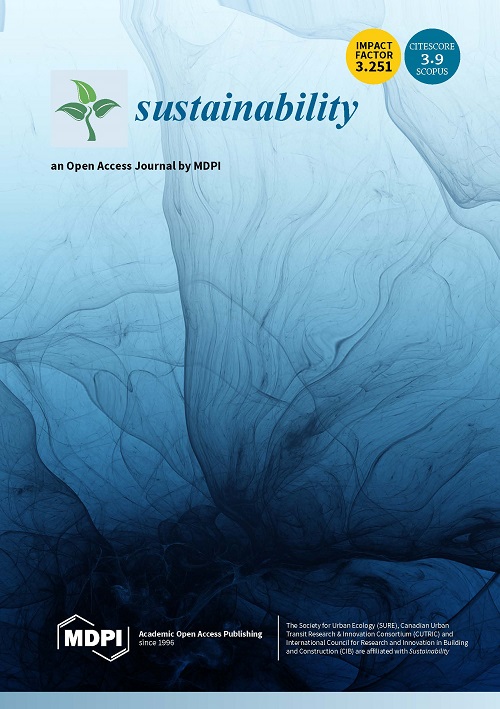In Cameroon, agriculture constitutes the main livelihood for a large portion of the population. Against this background, land tenure security is of crucial importance for agricultural production and off-farm activities. This article aims to foster understanding of small-holder farmers’ access to land in the Njombé-Penja district of Cameroon. Data was collected using focus group discussions with small-holders, key informant interviews, field observations and formal surveys. Results indicate that the current land tenure situation often limits small-holder farmers’ access to productive land. This often results in conflicts between various actors including plantation agriculture, rural elites and research institutions, and hence threatens small-holders’ security for food and livelihoods. We conclude that there is a need to revisit existing policies for land allocation to multinational companies in order to protect small-holder producers’ rights and security, and to harmonize the various tenure systems as a means to avoid competing claims among various actors.
DOI:
https://doi.org/10.21825/af.v27i3.4905
Altmetric score:
Dimensions Citation Count:
























